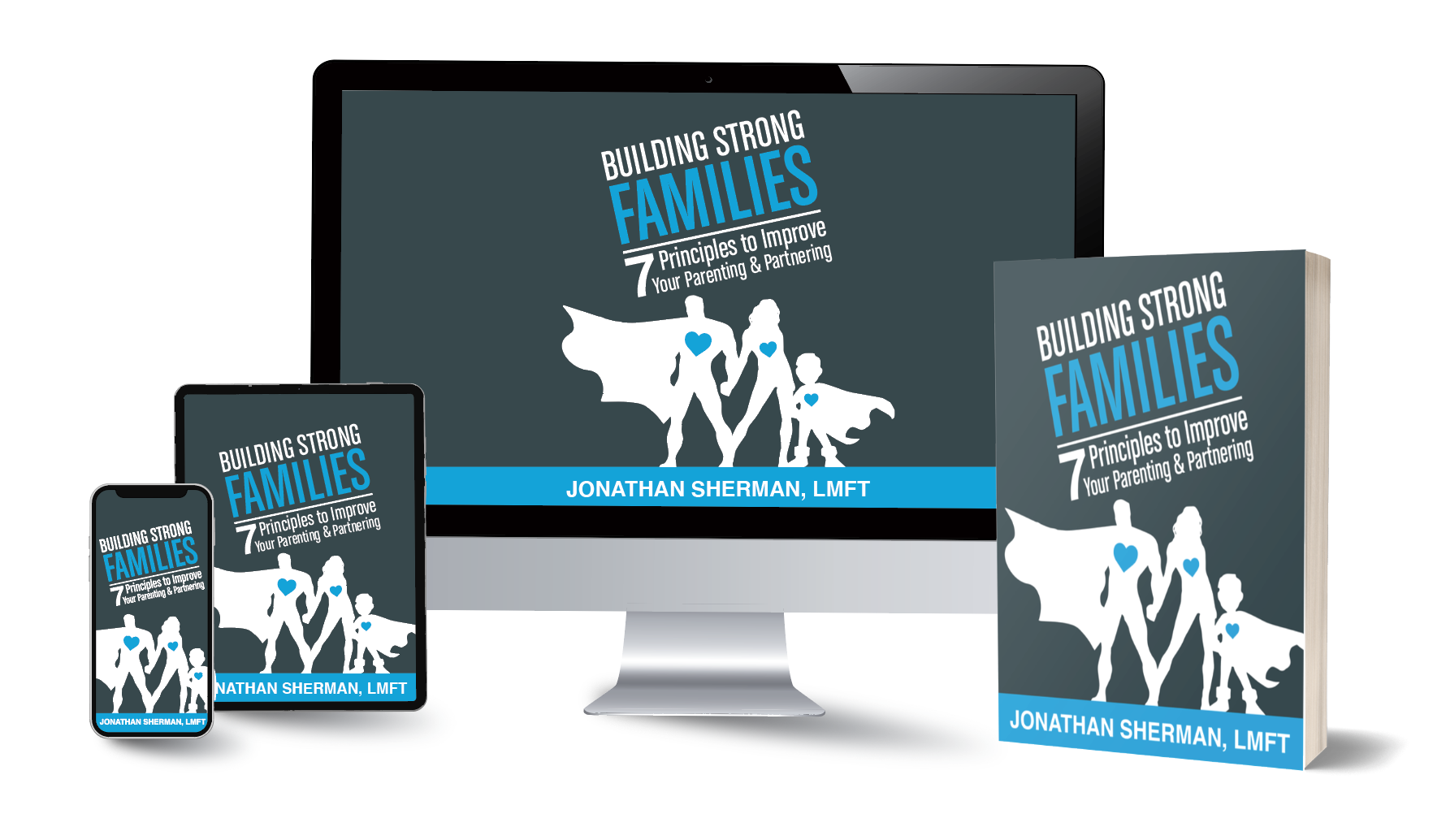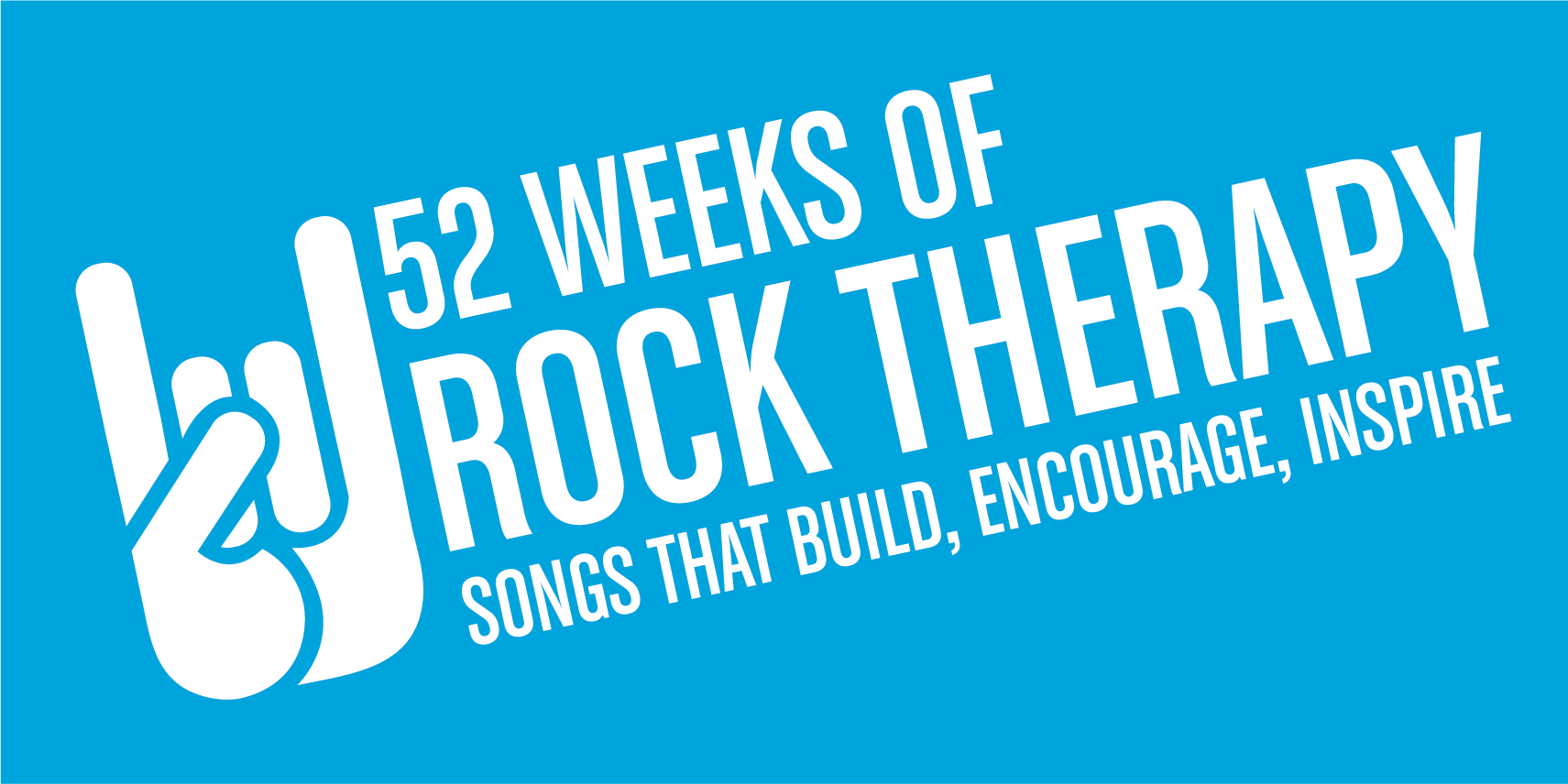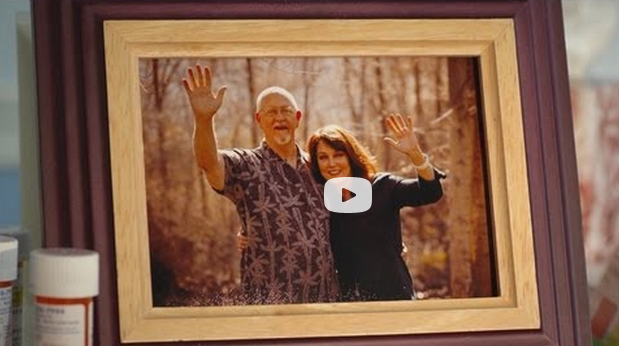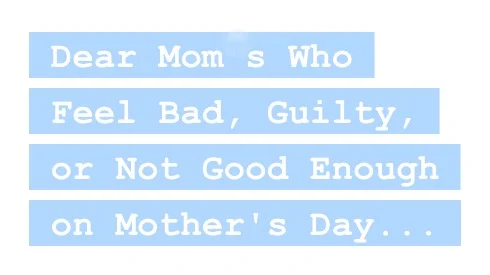Clients on Facebook? Okay or Not?
/Q: A therapist colleague asked me:
Do you ever say yes to a client's friend request on Facebook? And if so what are your rules about it? I have some that want to keep in touch with me after I move but I am just not sure and don't want to make a bad choice but there isn't much said about 'internet' and 'Facebook' stuff?"
A: Great question. Yes, I do. And yes, I know there's some controversy on this topic. I've read a lot on the subject and have given it a good deal of thought. Admittedly, for the field as a whole, this is still mostly uncharted territory. But it's one that isn't going away, and old school practitioners are going to find it hard to compete if they don't learn to adapt to where their clients are—which is where the market is.
For me and my clients, I'm all for embracing current technology and how people (our clients) communicate in real life. For example, I also do coaching via phone and Skype with clients all over the country and internationally. Some say it's not as good as face to face (I agree). However what it does for:
Continuity of care for clients is simply phenomenal,
Providing greater choice to clients in their selection of providers is unparalleled, especially in rural areas, as well as
Greater flexibility and convenience in scheduling (just consider the convenience of a single mother or young couple not needing to arrange for a babysitter).
Face-to-face cannot always provide for these three very significant factors. There are pros and cons for each method.
I've always been an early adopter of integrating technology in our field as well as being a proactive marketer of wellness rather than passively waiting for clients to find me. I believe we as therapists have specialized knowledge and skill sets that are too important to just wait in our offices until people's problems reach the crisis point that they then start searching for a therapist. I'd much rather people get to know a good therapist long before they "need" one... Then when the need arises they don't have to scramble "hoping" they find someone that will work. The latter does not seem like good client care to me. Giving them the chance to pre-decide way ahead of time is much better for all as it insures a more proper "fit" with client and therapist which predicts greater successful outcomes for both.
So, to answer your question here are a few points (in no particular order and by no means comprehensive) I use on Facebook:
First of all, I work with a high functioning clientele, so boundary issues are rarely (haven't had any yet actually) an issue. If I still worked for a community mental health agency I would very likely not "friend" my clients for the most part, even though they were wonderful people. Generally, in the discussion around where does coaching and therapy begin/leave-off, the thinking is that GAF (Global Assessment of Functioning) scores of 70+ are more "coaching" clients. That is open to debate, but it's the general thinking on the topic. When I say "high-functioning", though, that is what I'm talking about;
My Facebook page is first and foremost for networking, so I stay mindful that my posts and pics will be seen by clients, colleagues, referrers, as well as friends and family. So is what I post something I'd feel sharing posting on a bulletin board or discussing in a seminar? Yes. Sometimes it's clinical. Sometimes funny. Sometime personal. The point in both therapy and social networking is to always be real, relevant and relatable;
The broad mix of Facebook friends I feel provides the same anonymity and confidentiality that any other public social environment affords, such as the grocery store and the same rules there apply. For example, the client owns the relationship--meaning I won't acknowledge them as a client unless they want to self-identify publicly in a post that way such as, "You helped our marriage so much. Thanks!" Otherwise as far as anyone else knows they are just another acquaintance. It's similar if I run into a client in the grocery store--if they come up to me I'm happy to talk. If not, I politely avoid them to protect their privacy. If my kids ask who was that, I just say, "A friend of mine" to protect their confidentiality;
Contrary, to conventional practice (which some of the research now supports me) I do believe in a good deal of self-disclosure. Many clients over the years have expressed frustration that they want a great relationship with their spouse or kids but have never seen that modeled in real life. The medium of Facebook and appropriate self-disclosure provides that. I'm by no means THE model, but I am one very real life example of a guy doing his level best at practicing about 80% as a husband and father of what he preaches as a therapist.
I'm also pretty down to earth, silly and frank in my Facebook posts. This serves a dual purpose: 1. To remove the stigma of the stuffy, clinical therapist and 2. Markets myself to my ideal clients (ie., those who value plainness and authenticity) and screens out my non-ideal clients (ie., the ones who take themselves too seriously). This leads to a better fit on both sides. Potential clients get to "check me out" in advance and decide whether I will be a good fit for their style and their needs. Yellow Page ads and websites just don't give the same level of relate-ability or transparency that clients really want and value;
After all that, I re-read your question and realized I neglected to directly answer your first question. Yes, I do accept my clients "friend" requests (remember my caveat: I have a high-functioning clientele with good boundaries). I also didn't mention what is likely obvious: Most people don't consider Facebook "friends" to be the same as friends in the traditional sense unless their page is strictly limited to immediate friends and family. This is one reason I don't consider my client who is also my Facebook "friend" as being a dual relationship anymore than I would consider having a friendly conversation with a client I happened to meet at the grocery store a dual relationship.
Now there may be others who will say you should never "friend" clients on Facebook. And they may be right depending on the population they work with or their own preferences. However, for me it's worked great. Client feedback is they value it. My approach has always to be client-centered and customer-driven. So, bottom line: I'm all about effectiveness. If it works keep doing it. If it doesn't, don't.
Your thoughts? Other questions?
Peace,
Jonathan
This colleague then replied as follows:
“No, I agree, and it’s good insight too. I agree with what you have said. With my clients, I have always taken an honest approach. That when I felt I should share moments of my life. I have great relations with my clients. I know that for those who want this its a way for them to feel valued. That I didn't just toss them to the curb, even though I am moving away. That I value them as a person and am here if they still need me for anything, even though I will be 11 hours away. I know that there will be times when a few of them are going to get married and will want to do couples therapy. I want to use technology be able to do that for them or be able to give them a referral that I know will be good for them. I love the idea of Skype and all those ways in which you can have a session without having to be one-on-one. There is power in the relationship between a therapist and a client. To be a tool and means through therapy is important to me. I like your advice and will use it to help me professionally. It is wise and very helpful. It also helps me to remember that if I do this, what I say matters even more than it currently does on here, and that needs to stay the most important thing. Thanks, really, it was truly helpful.”















































